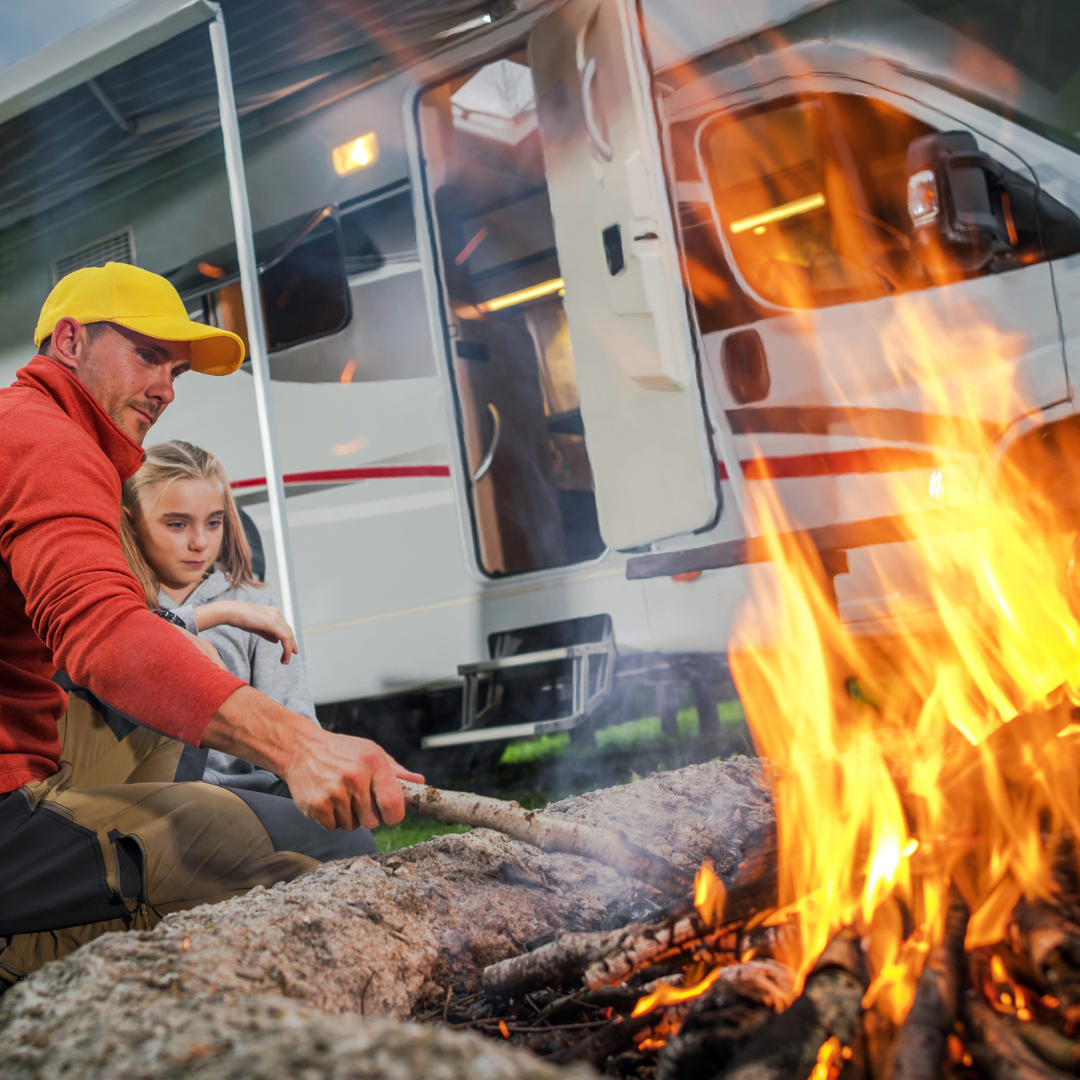Coping with a survival situation as a single adult is usually a lot easier than dealing with one if you’re married with children. Children in general do not have the life experience that adults have to make wise decisions.
The best way to get the entire family on the same page is to prepare for survival situations as a family. In this article, we’ll look at 6 tips that you can apply starting today.
1. Rehearse and role play
Conducting drills once a month with your children and spouse will get everybody on the same page. If there’s an impending tsunami, and you only have minutes to get away, a family that rehearses often will immediately know that they need to grab their bug out bags and wait at the car so that everyone can drive off to higher ground.
If there’s a break in at your house in the middle of the night, do you have a plan of action? Do your kids know what to in this scenario? Do the kids know not to go investigate? It is very important you discuss this and it's also important the whole family remember the layout of the home very easily. Make sure to prepare for any worst case scenario (Intruder, natural disasters, fires, blackouts, etc).
2. Bug out bags
All family members should have their own bug out bags packed and ready-to-go. The kids can have smaller bags with water bottles, any health medications needed, walkie talkies, whistles, etc Adults should have more essentials such as ammo, firearms, fire starters, walkie talkies, Tourniquets, first aid kits, etc.
It’s best to keep the bug out bags at ground level so that you can grab them and run out of the house. Running upstairs to get your bags and run back down will be wasting precious seconds.
Ensure that every family member knows where his/her bug out bag is prior to an emergency situation.
3. Meeting places
Should the family be separated, everyone needs to have a common meeting point. If the kids are at school and the parents are at work in different locations and there’s a flood, everyone will need to meet at a common place. It is up to the parents to decide this common place. DO NOT wait until the last minute to discuss this.
With everyone having a cell phone these days, communication is easier… but only one designated adult should give the instructions. This will prevent confusion and mixed signals. Discuss with your family members where they will meet you in an emergency.
4. Safe houses
In some cases, there may not be time to meet up. For example, if there’s a terrorist attack, waiting around at any meeting place may not be a good idea. If roads are blocked and you can’t get home, you’ll need a safe house to go to.
Are there any friends or family members houses that you can take shelter in? These will be your safe houses. Choose one and plan ahead of time with your family which safe house you’ll all go to during an emergency.
5. Safety precautions
It’s crucial to discuss safety with children. For example, if there’s an approaching hurricane/Tornado, your children need to know that they have to keep away from windows & seek cover.
The kids should also know where the first aid kit is. If an adult is injured and unable to move, the kids can bring him/her the first aid kit if they know where it is. The same applies to fire extinguishers, etc.
Discuss all safety aspects with your kids often so that it’s seared into their memory. One can never be too careful during a crisis. Prepare as a family and everyone will be better equipped to cope during a crisis.


Share and get 15% off!
Simply share this product on one of the following social networks and you will unlock 15% off!